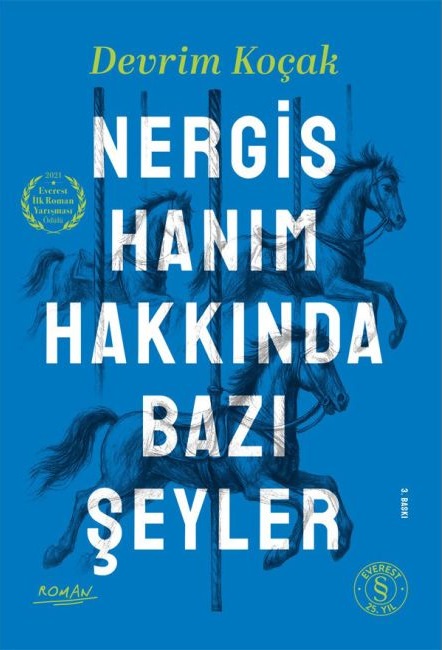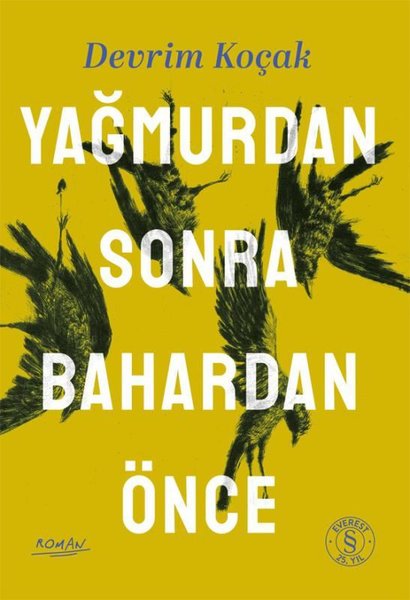What kind of philosophical dilemma does the paradox between freedom of will and inaction create in the person of the Underground Man?
The Underground Man in Dostoyevsky’s Notes from the Underground experiences the paradox between freedom of will and inaction as a quintessential existential impasse. His personality is a tragic portrait of modern man trapped between his desire for freedom and his doubts about the meaninglessness of action. Here are the philosophical dimensions of this paradox:
- “The Curse of Being Intelligent”: Overconsciousness and Paralyzed Will
Diagnosis of “Sick Consciousness”:
The Underground Man states that his capacity for thought condemns him to inaction:
“To be overconscious is a disease… One may want to do something, but suddenly one wonders how to do it, why. Then one does nothing.”
This reflects the tension between Hegel’s “flight of the owl” (action understood only afterward) and Kierkegaard’s “paralysis of thought.”
The Vicious Cycle of Nihilism:
Knowing in advance that every action is meaningless ends it before it even begins. For example, he wants to help Liza, but realizes the falseness of this gesture and humiliates her.
- The Irony of Freedom: Rebellion Against the “Stone Wall”
Rejection of Determinism:
The Underground Man rejects even rational laws like “2+2=4” because, according to him, man is defined by “the freedom to act against his own self-interest.” This is a rebellion against rationalist utilitarianism (Bentham, Mill).
The “Stone Wall” Metaphor: The “walls” imposed by science and logic crush man’s passion for freedom. Yet, he defends his “right to hit his head against the wall.”
Proving Freedom Through Meaningless Action:
He consciously humiliates himself (for example, his obsession with clashing with an officer in the street), because only through these absurd actions does he feel free. This is reminiscent of Sartre’s concept of “bad faith”: Instead of escaping his freedom, he pointlessly consumes it.
- The Tragic Consequences of Inaction: The “Underground” Metaphor
Passive-Aggressive Identity:
A 40-year-old retired civil servant lives “underground.” This space is a symbol of inaction: He can neither participate in society nor completely break away from it.
Revenge Fantasies: His anger, unable to take action, turns into inward hatred (for example, he accepts a party from his old school friends and humiliates himself).
The Liza Example:
He shows pity and love to Liza, but after this momentary “exaltation,” he humiliates her by giving her money. This is the self-sabotage of free will.
- Philosophical Dilemma: Freedom vs. Meaning
Existential Dilemma:
The Underground Man “knows that freedom has no meaning, but he cannot give up his freedom.” This is similar to Camus’s concept of the “absurd”: Man is caught between the search for meaning and the indifference of the universe.
The Image of “Dirty Snow”: The whiteness (purity) of snow melting into mud symbolizes how man’s lofty ideals become trivialized.
Dostoevsky’s Critique:
With this character, the author demonstrates how Western rationalism and skeptical modernism have transformed man into an inactive being. The solution is an alternative, like Alyosha’s “active love,” but the Underground Man cannot accept it.
Victim of the “Pain of Freedom”
The Underground Man experiences a tragic paradox of freedom:
He wants to be free because that makes him human.
But freedom brings the responsibility of action—which terrifies him.
The result: He exhausts himself with meaningless, pre-emptive actions.
This is a 19th-century rehearsal of modern man’s struggle with “choice fatigue,” “anxiety,” and “inertia.” Dostoyevsky asks us:
Does man deceive himself by frivolously squandering his freedom, instead of bearing its weight?
The character’s final words (“I just wanted to tell you… that I don’t like reading!”) are an ironic admission of this predicament: He wastes his freedom by rebelling against nothingness.


